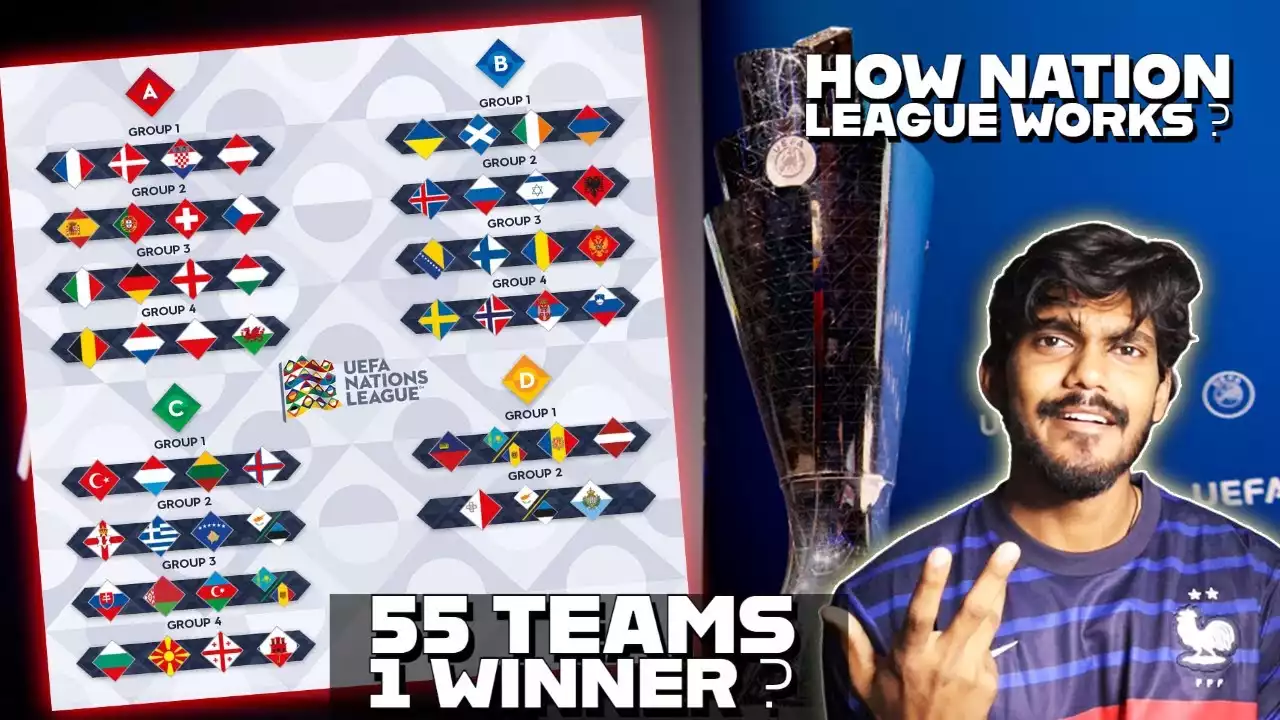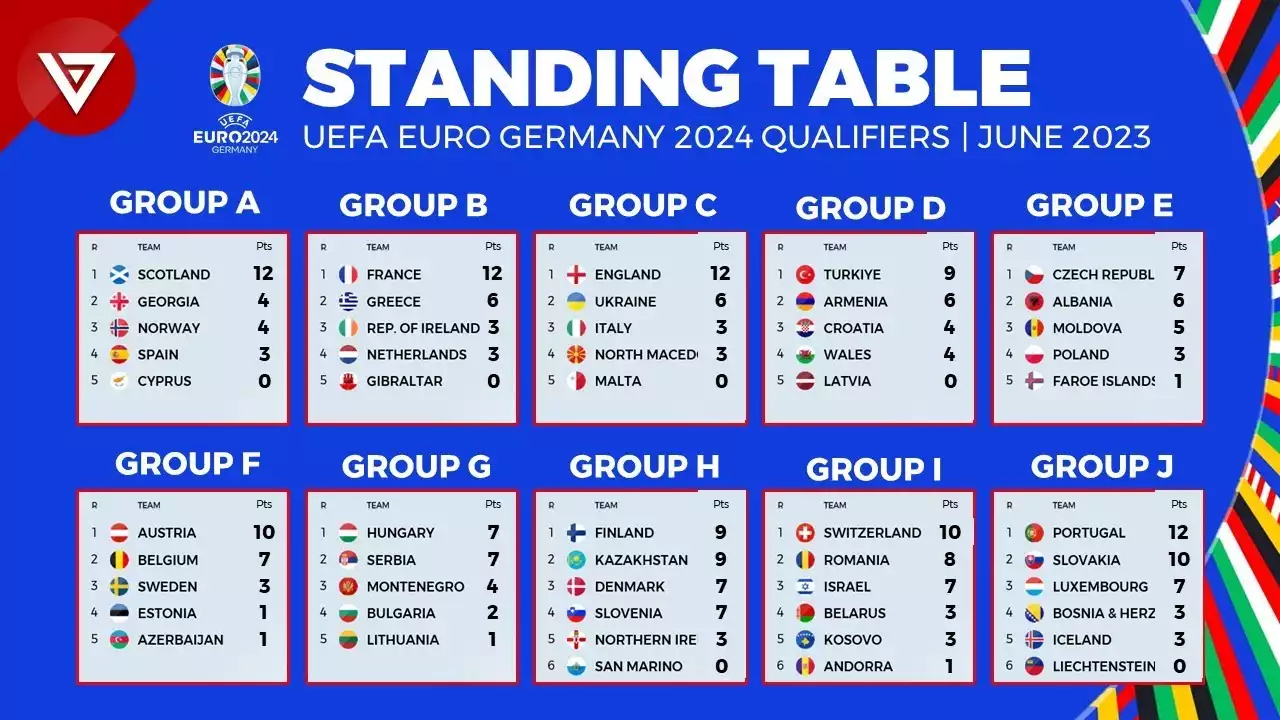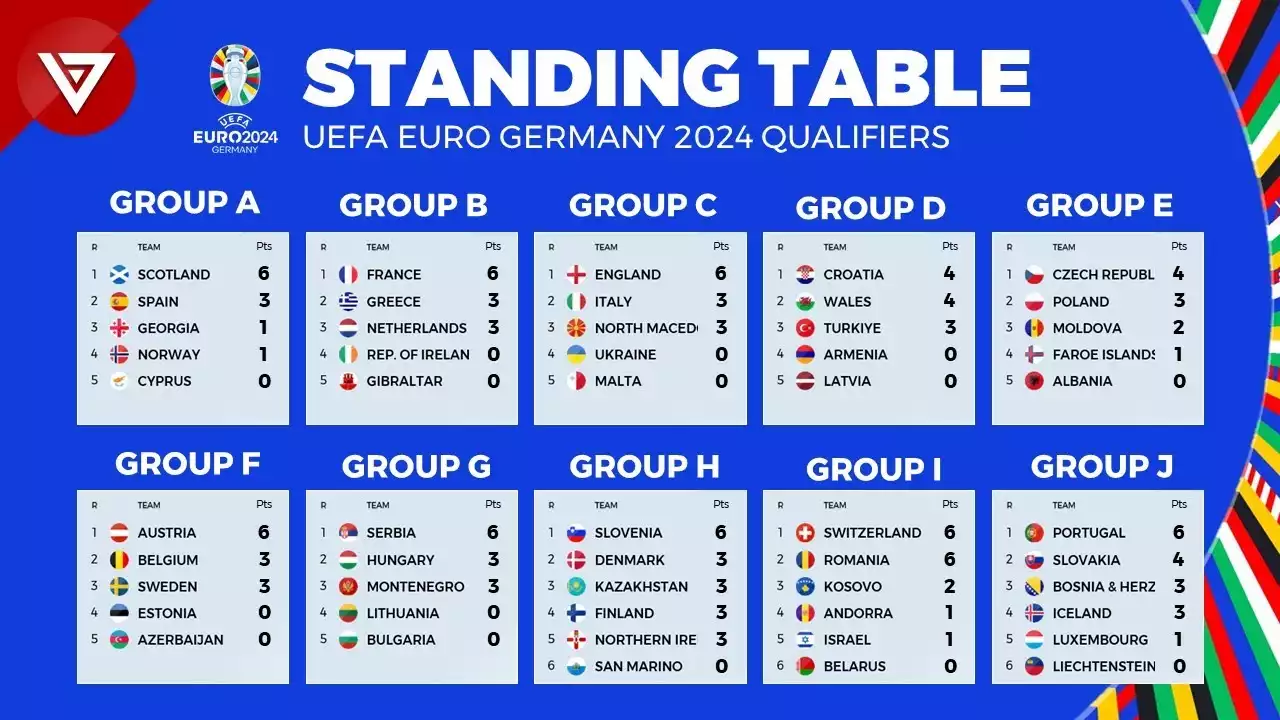UEFA Nations League
When it comes to professional sports leagues, broadcasters and sponsors play a significant role in shaping the format and structure of competitions. The UEFA Nations League is no exception. This article delves into the influence that broadcasters and sponsors have on the Nations League format and how their involvement impacts the tournament.
Broadcasters are key players in the world of sports as they hold the power to bring the games to a global audience. Their interests and requirements often dictate how matches are scheduled and broadcasted, influencing factors such as time slots, match selection, and coverage. Similarly, sponsors inject substantial financial resources into the tournament, affecting aspects like branding, advertising opportunities, and even prize money distribution.
Understanding the influence of broadcasters and sponsors on the Nations League format is crucial as it sheds light on the commercial interests at play and how they affect the overall experience for both fans and teams alike. Whether it's shaping the schedule to maximize viewership or leveraging sponsorship deals to enhance the tournament's appeal, the role of broadcasters and sponsors cannot be overlooked when analyzing the development of the Nations League.
The role of broadcasters in shaping the Nations League
Broadcasters hold immense power in shaping the Nations League format. With the ability to reach millions of viewers worldwide, broadcasters heavily influence the scheduling and coverage of matches. Time slots are strategically chosen to cater to different time zones and maximize viewership. This ensures that matches are accessible to fans globally, increasing the tournament's popularity and commercial value.
In addition to scheduling, broadcasters also have a say in the selection of matches. High-profile teams or matches with significant storylines often take precedence as they generate higher viewership and interest. This can lead to a bias towards certain teams or regions, potentially impacting the overall balance and competitiveness of the tournament. However, it is important to strike a balance between satisfying broadcasters' interests and maintaining fairness in the competition.
Furthermore, broadcasters play a crucial role in enhancing the viewing experience through their coverage. With advancements in technology, broadcasters have the ability to provide immersive and interactive experiences for fans. From multiple camera angles to in-depth analysis, broadcasters strive to engage the audience and keep them hooked throughout the tournament. The quality of the broadcast can greatly impact the perception and enjoyment of the Nations League.
How sponsors impact the Nations League
Sponsors inject substantial financial resources into the Nations League, which significantly impacts the tournament's format and overall appeal. Sponsorship deals provide financial stability and allow for the development of the competition. The funds from sponsors are often used to cover various expenses, such as organizing matches, marketing campaigns, and prize money distribution.
Branding is a key aspect of sponsor involvement in the Nations League. Sponsors seek to maximize their visibility and exposure by associating their brand with the tournament. From stadium branding to player jerseys, sponsors' logos are prominently displayed, creating a strong presence throughout the tournament. This branding not only helps sponsors increase brand recognition but also contributes to the overall visual appeal of the competition.
Moreover, sponsors often provide advertising opportunities during the tournament. From commercials during broadcasts to digital advertising on official platforms, sponsors utilize the Nations League as a platform to reach a wide and engaged audience. This exposure not only benefits sponsors but also helps generate revenue that can be reinvested into the tournament, further enhancing its development.
The financial implications of broadcaster and sponsor influence
The influence of broadcasters and sponsors on the Nations League goes beyond shaping the format and structure. Their involvement has significant financial implications for the tournament. Broadcasters pay substantial amounts for broadcasting rights, which contribute to the revenue generated by the competition. This revenue is crucial for the sustainability and growth of the Nations League.
On the other hand, sponsors provide financial support through sponsorship deals. The funds from these deals help cover various expenses associated with organizing and promoting the tournament. Additionally, sponsors often contribute to the prize money pool, making the competition more enticing for teams and players. The financial resources provided by broadcasters and sponsors are essential in elevating the quality and competitiveness of the Nations League.
However, the financial implications of broadcaster and sponsor influence can also lead to concerns. Over-reliance on broadcasting and sponsorship revenue may create a situation where the interests of broadcasters and sponsors take precedence over the sporting integrity of the competition. Striking a balance between financial stability and maintaining the core principles of the Nations League becomes crucial to ensure the tournament's long-term success.
Criticisms and controversies surrounding broadcaster and sponsor influence
While broadcasters and sponsors play a pivotal role in the Nations League, their influence is not without criticism and controversies. One common criticism is the potential bias in match selection and scheduling. High-profile teams or countries with larger fan bases often receive preferential treatment, leading to a perceived imbalance in the competition. This can undermine the fairness and integrity of the Nations League, as teams with smaller fan bases may not get equal opportunities.
Another criticism revolves around the intrusive nature of advertising and branding. Critics argue that excessive branding and commercialization can detract from the essence of the competition. The focus on sponsors' interests might overshadow the sporting spectacle, leading to a loss of authenticity and fan engagement. Striking a balance between commercial interests and the purity of the game becomes crucial to maintain the credibility of the Nations League.
Controversies can also arise when broadcasters and sponsors are perceived to have too much control over the tournament. This can lead to conflicts of interest and potential exploitation of the competition for financial gain. Transparency and clear guidelines are necessary to ensure that the influence of broadcasters and sponsors remains within acceptable limits, safeguarding the integrity of the Nations League.
The positive effects of broadcaster and sponsor involvement
While there may be criticisms and controversies surrounding broadcaster and sponsor influence, their involvement also brings positive effects to the Nations League. Broadcasters ensure that matches are accessible to a global audience, allowing fans from different parts of the world to enjoy and engage with the competition. The extensive coverage and advancements in technology enhance the viewing experience, bringing the tournament closer to fans than ever before.
Sponsors, through their financial support, contribute to the growth and development of the Nations League. Their investments enable the improvement of infrastructure, marketing campaigns, and prize money distribution. This not only benefits the teams and players but also raises the overall standard of the competition. Without the financial resources provided by sponsors, the Nations League would struggle to reach its full potential.
Furthermore, the involvement of broadcasters and sponsors can bring new and innovative ideas to the table. Their expertise in marketing and broadcasting can help elevate the tournament's profile and reach new audiences. By tapping into their networks and resources, broadcasters and sponsors can contribute to the expansion and globalization of the Nations League, making it a truly international competition.
The future of the Nations League format and its relationship with broadcasters and sponsors
As the Nations League continues to evolve, the relationship between the tournament and broadcasters/sponsors will likely play a crucial role in shaping its future. Striking the right balance between commercial interests and sporting integrity will be paramount. The Nations League must ensure that the influence of broadcasters and sponsors is beneficial and does not compromise the core principles of fair competition.
In the future, technology will continue to play a significant role in the relationship between the Nations League and broadcasters. Advancements in streaming platforms, virtual reality, and interactive experiences will further enhance the viewing experience and engagement for fans. Embracing these technological advancements will be crucial for the Nations League to remain competitive and relevant in the ever-evolving sports landscape.
Similarly, sponsors will continue to seek innovative ways to promote their brands and engage with fans. With the rise of social media and digital platforms, sponsors can leverage these channels to create interactive and immersive experiences for fans, further enhancing their connection with the tournament. The Nations League must adapt to these changing trends and explore new sponsorship opportunities to ensure its long-term success.
Comparing the influence of broadcasters and sponsors in other sports tournaments
The influence of broadcasters and sponsors extends beyond the Nations League and can be observed in various other sports tournaments. For example, in football, major tournaments like the FIFA World Cup and UEFA Champions League heavily rely on broadcasting and sponsorship deals to generate revenue and enhance their reach. Match scheduling, coverage, and branding are all influenced by broadcasters and sponsors, shaping the overall experience for fans.
Similarly, in other sports such as basketball and tennis, broadcasters and sponsors play a crucial role in the success and development of tournaments. The NBA relies on broadcasting rights and sponsorship deals to fund its operations and support the growth of the league. Tennis tournaments like Wimbledon and the US Open also heavily rely on broadcasters and sponsors to ensure wide coverage and financial stability.
While the level of influence may vary between sports, the key principles remain the same. Broadcasters and sponsors influence scheduling, coverage, branding, and financial aspects in order to maximize commercial value and reach a wider audience. Understanding the impact of broadcasters and sponsors in other sports tournaments provides valuable insights into the broader landscape of sports marketing and its influence on competitions.
The role of fan engagement in the Nations League format
While broadcasters and sponsors have a significant influence on the Nations League format, it is important not to overlook the role of fan engagement. Ultimately, the success of the tournament relies on the support and enthusiasm of the fans. Without their passion and involvement, the Nations League would not be able to thrive.
Engaging fans through various initiatives, such as interactive voting, social media campaigns, and behind-the-scenes content, can enhance their connection with the tournament. By actively involving fans in the decision-making process, the Nations League can ensure that their interests are considered and valued. This will not only strengthen the bond between fans and the tournament but also create a sense of ownership and loyalty.
Furthermore, fan engagement can also contribute to the overall commercial success of the Nations League. Engaged and passionate fans are more likely to invest in merchandise, attend matches, and consume related content. By nurturing fan engagement, the tournament can attract more sponsors and broadcasters who recognize the value of an active and dedicated fan base.










